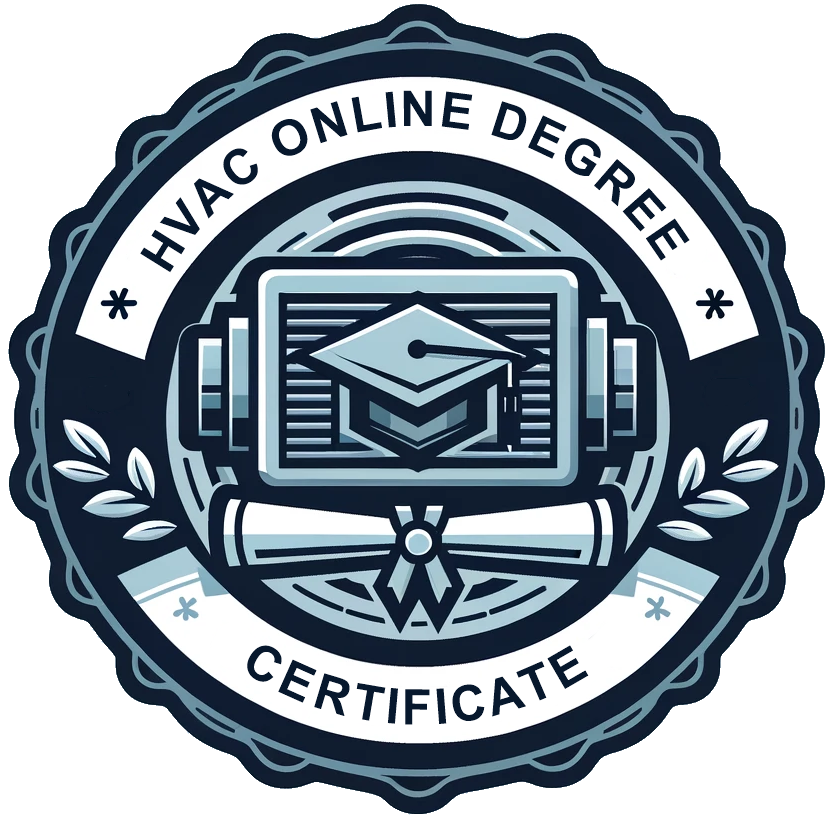
Are you considering a career as an HVAC technician? With the growing demand for skilled professionals in this field, it’s a smart choice. However, one of the crucial decisions you’ll need to make is whether to pursue your education through an online or in-person program. In this blog post, we’ll explore the advantages and disadvantages of both options to help you make an informed decision.
Advantages of Online Programs:
- Flexibility: Online programs offer unparalleled flexibility, allowing you to learn at your own pace and on your own schedule. This is particularly beneficial if you have work or family commitments that make attending traditional classes challenging.
- Cost-effective: Online programs often have lower tuition fees compared to in-person programs. Additionally, you can save on commuting costs and other expenses associated with attending classes on campus.
- Accessibility: With online learning, you can access course materials from anywhere with an internet connection. This means you can study from the comfort of your home or any other location that suits you best.
Disadvantages of Online Programs:
- Limited hands-on experience: HVAC training requires practical, hands-on experience, which can be harder to replicate in an online setting. While some online programs offer virtual simulations, they may not provide the same level of real-world experience as in-person training.
- Reduced interaction: Online learning can feel isolating, as you have limited face-to-face interaction with instructors and classmates. This can make it harder to ask questions, seek guidance, or collaborate with others.
- Self-motivation: Success in an online program heavily depends on your self-discipline and motivation. Without the structure of regular classes and the physical presence of instructors, it can be challenging to stay on track and complete coursework.
Advantages of In-Person Programs:
- Hands-on training: In-person programs provide ample opportunities for hands-on practice with HVAC equipment and tools. This practical experience is crucial for developing the skills needed to succeed in the field.
- Networking opportunities: Attending classes on campus allows you to interact with instructors and fellow students, fostering valuable connections that can lead to job opportunities and professional growth.
- Structured learning environment: In-person programs offer a structured learning environment with set class times and deadlines. This can help keep you motivated and on track with your studies.
Disadvantages of In-Person Programs:
- Less flexibility: In-person programs typically have fixed class schedules, which can be challenging if you have other commitments or responsibilities.
- Higher costs: In-person programs often have higher tuition fees compared to online programs. You may also need to factor in additional expenses such as commuting, parking, and textbooks.
- Location limitations: Attending an in-person program requires you to live near the institution or be willing to relocate, which may not be feasible for everyone.
Ultimately, the decision between an online or in-person HVAC program depends on your individual circumstances, learning style, and goals. Consider factors such as flexibility, hands-on experience, cost, and personal preferences when making your choice. Regardless of the path you choose, dedication and hard work will be key to your success as an HVAC technician.

